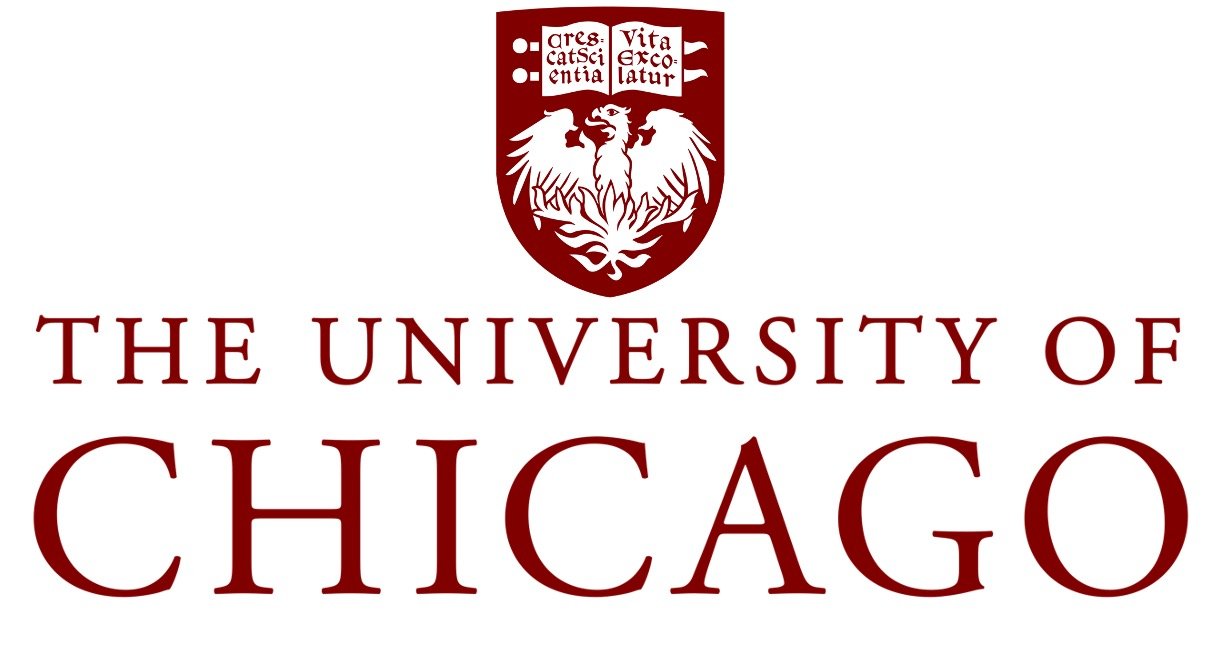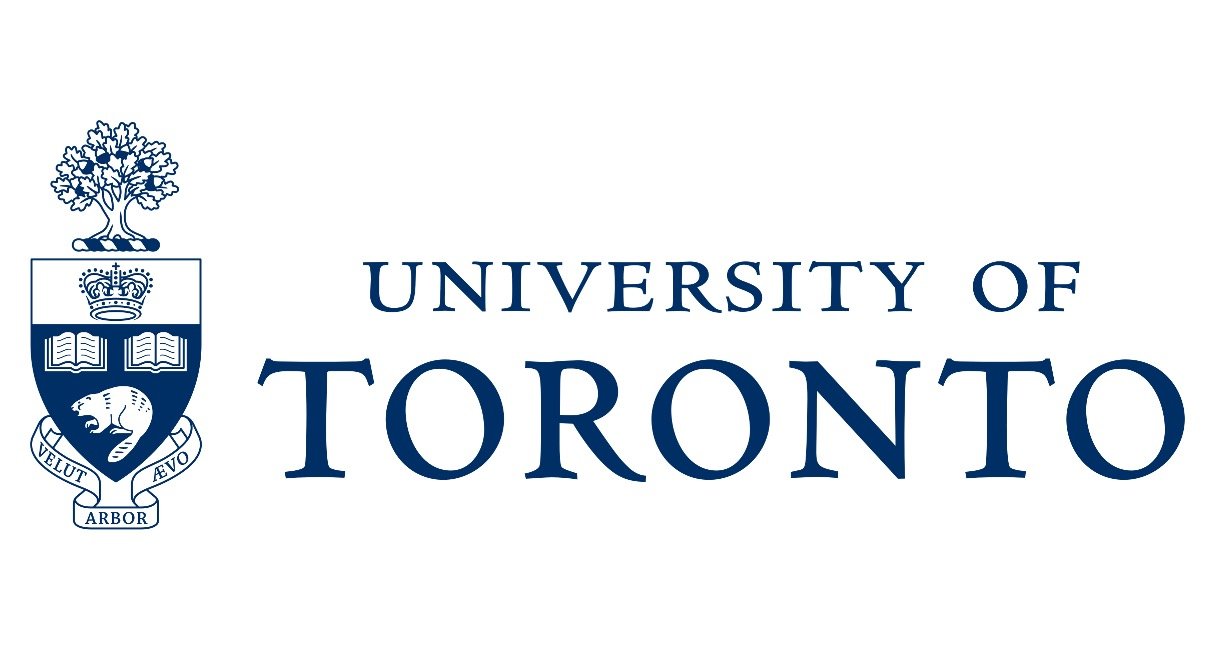About Master’s Program,
The Master of Theological Studies (MTS) degree program invites students and scholars who find fulfillment—and even a sense of spirituality—in the academic study of theology to deepen their knowledge through engagement with the School of Theology’s scholarly community. MTS students engage this degree as a step toward a variety of career paths. Many may be preparing for doctoral studies and an academic career, others for service within a congregation or for deacons orders, and some for work within nonprofit organizations. Recognizing that there is no “typical” MTS student, Boston University School of Theology provides students resources and a flexible curricular structure, allowing them to explore many areas of theological interest. With an exceptional faculty setting high academic standards, students enjoy many opportunities for interdisciplinary study within the School of Theology, across the broader Boston University, and with our partners in the Boston Theological Interreligious Consortium.
The MTS degree is designed to be completed over two years of full-time study. Its curriculum includes core coursework in Sacred Texts & Interpretation, History of Traditions & Institutions, Theology & Meaning-Making, Ethics & Lived Values, along with a Contextual Education experience to help students learn beyond the classroom (18 units). Beyond the core curriculum, MTS students have the flexibility to design their course of study through 30 units of free elective courses from any discipline across the School of Theology’s curriculum. MTS students may also use their elective credits to complete one of the School of Theology’s certificate programs, thereby adding an additional credential to their theological education record.
Please see the full description of the degree program in the STH Bulletin, which also contains admissions and financial information.
The School of Theology offers the following variations of the MTS degree program:
Master’s Program Degree Eligibility with GPA,
Graduate-level coursework in the study of the Hebrew Bible, including the use of historical-critical methods in their interpretation.
Graduate-level coursework in the study of the New Testament, including the use of historical-critical methods in their interpretation.
This year-long sequence is unique to the School of Theology and is not normally eligible for advanced standing because it does not compare to coursework in other graduate programs, neither is it merely a combination of such other classes. In rare situations, students with extensive coursework in theology, history, and sociology of religion might be considered for advanced standing.
Master’s Funding Coverage,
The School of Theology assumes that all its students are in need of significant financial help to afford their seminary education. That is why the vast majority of students studying here receive generous financial aid. The cost of the School of Theology’s tuition is less than half the cost of attending Boston University at the undergraduate level. We allocate the financial aid funds offered by the University, the United Methodist Church, and individual donors as widely as possible to benefit the most students. Additional merit fellowships are set aside to reward academic excellence and extra-curricular distinction. For all of these reasons we expect that School of Theology graduates will be able to follow their vocational passions without being weighed down by tremendous educational debt upon graduation.
Almost all Boston University STH Master’s and PhD students receive a partial or full-tuition scholarship. Information about the scholarships available to STH students is available here.
Application Requirement,
Completed Online Application
unofficial transcripts
3 Letters of Reference
Personal Statement
Application Essay
English Proficiency Exams
Resume/CV
Sample of Scholarly Writing
Application Deadline,
Jan 15, 2025
Application Fee,
There is a $95 non-refundable application fee


